“When I was ten years old, a neighborhood bully threw a Cool-Whip container full of gasoline on me and set me on fire. I had second and third degree burns on over fifty-percent of my body, and I couldn’t go outside for years. I remember sitting at the window one day watching my brothers and friends play, and I made a promise to myself: ‘When I’m able to go outside again, I’m going to see as much of the world as I can.’ There were commercials on TV about the military that said, ‘Be all that you can be’ and those caught my attention. I researched it and decided to go Navy because they traveled. I was able to touch every continent on this planet except Antarctica, and I don’t consider that a continent; it’s just a big block of ice. [*laughs*] I served on the USS Carl Vinson in the western Pacific and deployed twice to the Persian Gulf, where I transitioned to the weapons department. Building missiles, bombs, and torpedoes is dangerous work. It only takes one wrong tug, one wrong push, and all of us would be gone, so we had to build trust and support. We had to know that we’d go down there and make the right decisions. I didn’t have to go on that second deployment, but I extended my contract so I could. I wanted to. A lot of my friends were still there and I didn’t want to leave them, just in case something were to happen. Being in the Navy was the first time I had ever stepped out of my house and had a group of people who would watch my back and be with me no matter what. If I was hungry, they fed me. If we were hungry, we fed each other. We never left anyone out. They taught me loyalty. We became brothers there. We were all we had. If something happened, they would have pushed me out of the way and taken it, and I would have done the same for them. In the good times, traveling all over the world, to the bad times, losing family members and friends, we stuck with each other. It was tough, but we made it through.
“We’re scattered all over the world now, but we still stay in regular contact. We still motivate and push each other. Not long ago, one of my friends was thinking about dropping out of college, and we all got on the phone. He didn’t drop out. We have lifetime support that will never change, and we know each other's boundaries.
“When I first got out of the military and came back to Memphis, I bumped into the guy who set me on fire when I was a kid. I used to think, ‘If I ever see him again, I’m going to do this, I’m going to do that.’ And when I saw him, I was angry. I approached him and said, ‘Do you know who I am?’ He said ‘Nah.’ I said, ‘Yeah, you know who I am.’ He kept saying, ‘I’m sorry for what happened to you, man. I didn’t have nothing to do with that.’ Rage just instantly clicked on inside me, but I stopped. One thing that the military taught me was control. I could easily, easily have hurt him, but I didn’t. I let it go. I look back at all the things I was able to do because of what I went through, and I can say he played a part in pushing me through the path of my life. I enjoy my freedom. I enjoy being able to go out and touch these different countries. I enjoy the friends that I have. And if it wasn’t for him, I probably wouldn’t have had all that.
“I’ve been with the Grizzlies TEAM Mentor Program since August, and I plan to keep on doing it. I’m also mentoring (by phone) a 13-year-old kid on Staten Island. I found out about him through a news story. He too had been set on fire by bullies, so I contacted the family and have been in touch with them ever since.”
“We’re scattered all over the world now, but we still stay in regular contact. We still motivate and push each other. Not long ago, one of my friends was thinking about dropping out of college, and we all got on the phone. He didn’t drop out. We have lifetime support that will never change, and we know each other's boundaries.
“When I first got out of the military and came back to Memphis, I bumped into the guy who set me on fire when I was a kid. I used to think, ‘If I ever see him again, I’m going to do this, I’m going to do that.’ And when I saw him, I was angry. I approached him and said, ‘Do you know who I am?’ He said ‘Nah.’ I said, ‘Yeah, you know who I am.’ He kept saying, ‘I’m sorry for what happened to you, man. I didn’t have nothing to do with that.’ Rage just instantly clicked on inside me, but I stopped. One thing that the military taught me was control. I could easily, easily have hurt him, but I didn’t. I let it go. I look back at all the things I was able to do because of what I went through, and I can say he played a part in pushing me through the path of my life. I enjoy my freedom. I enjoy being able to go out and touch these different countries. I enjoy the friends that I have. And if it wasn’t for him, I probably wouldn’t have had all that.
“I’ve been with the Grizzlies TEAM Mentor Program since August, and I plan to keep on doing it. I’m also mentoring (by phone) a 13-year-old kid on Staten Island. I found out about him through a news story. He too had been set on fire by bullies, so I contacted the family and have been in touch with them ever since.”
Find out more about becoming a Grizzlies TEAM Mentor HERE.
From the Memphis Grizzlies Foundation web page:
UPDATE (February 2017): Justin has spoken to a number of groups over the past year on the topic of overcoming difficulties in life. Using his own experiences of childhood trauma, he encourages audience members to keep going in spite of the challenges they may face.
In addition to his regular full-time job, Justin Brazil is a mentor with the Grizzlies TEAM Mentor Program at Grizzlies Prep.
FB: https://www.facebook.com/justinjbbrazzell
FB: https://www.facebook.com/justinjbbrazzell
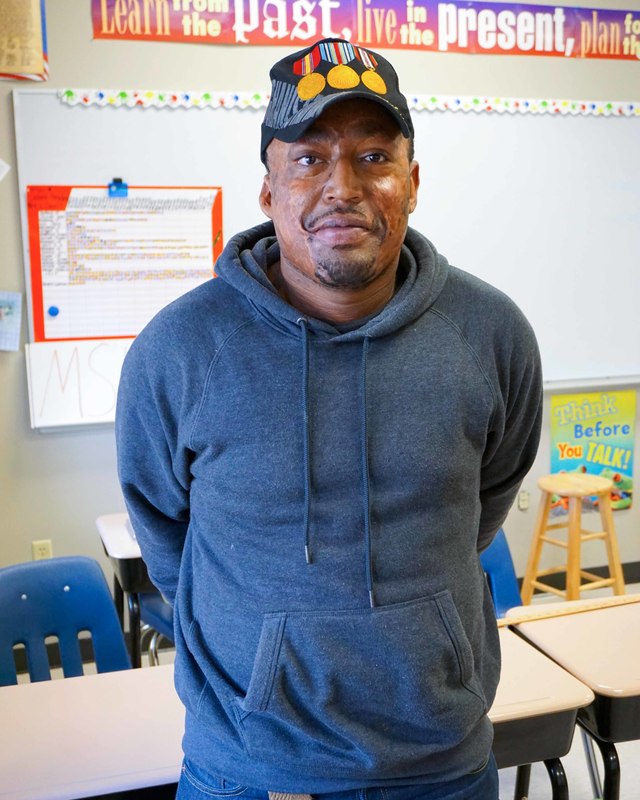
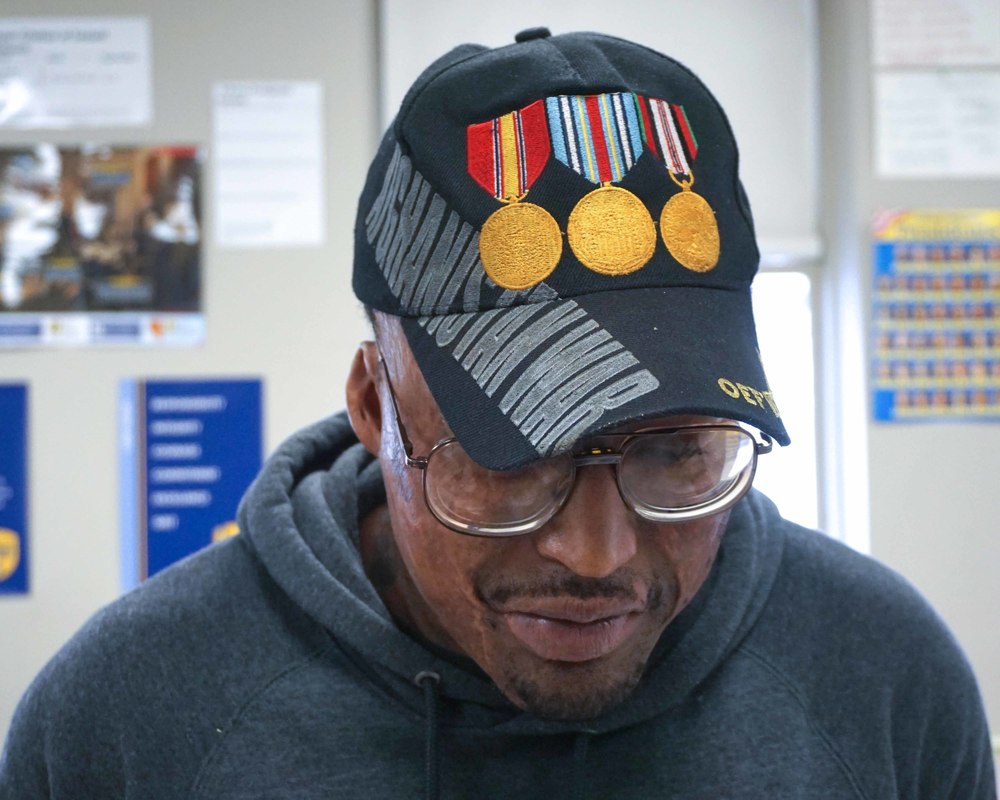
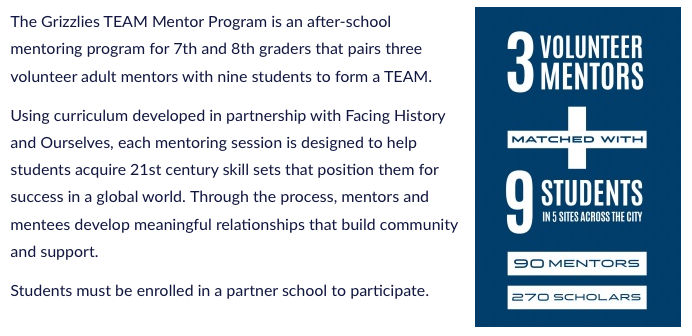

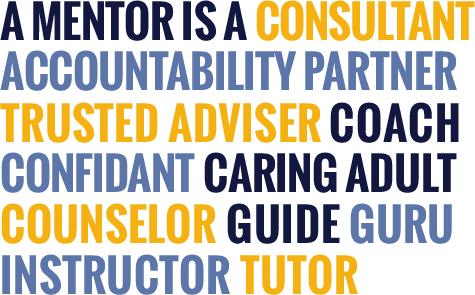
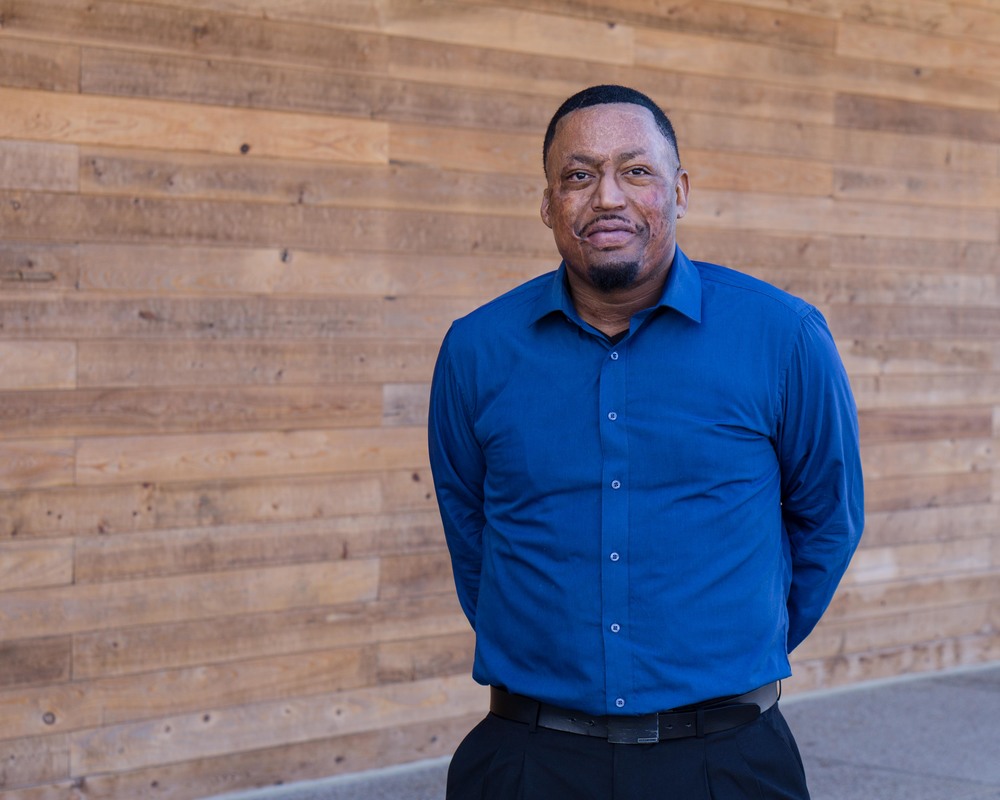
 RSS Feed
RSS Feed